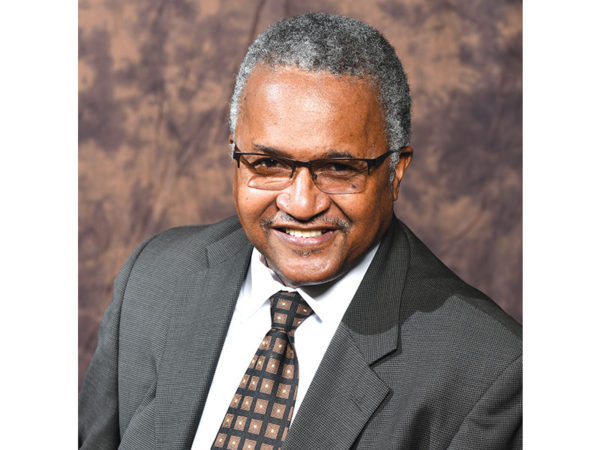The idea of converting Neville High School into a charter school has resurfaced, bringing with it a mix of hope, skepticism, and historical baggage.
Neville alumni and supporters are reportedly preparing to submit a charter application by the looming August 26, 2024 deadline to begin in August of 2025.
A Historical Context
This isn’t the first time Neville High School has flirted with the idea of becoming a charter school. Back in 2012-2013, the Neville Alumni and Friends Association made two attempts to convert the school, only to be approved by the city school board, but thwarted by a decisive vote from the faculty, largely due to concerns over retirement benefits.
The issue was compounded by the involvement of Brent Vidrine, who, after becoming superintendent, abandoned the charter idea and actively worked against the district’s only approved charter, Excellence Academy.
Legislative Changes and New Opportunities
The landscape has shifted significantly since those initial attempts. Louisiana’s legislature has made it easier to establish charter schools, allowing some application types to be submitted directly to the Board of Elementary and Secondary Education (BESE) rather than the local school board. This bypasses a potential bottleneck and places the decision in the hands of a state body that has already approved two charter schools in Monroe: A new charter for autistic children, and the New Vision Charter School.
Moreover, the new laws allow Type 4 charters, such as the proposed Neville Charter, to now participate in the state retirement system—a critical factor that previously hindered the school’s conversion. However, the high costs associated with this system mean many charters opt for alternative retirement plans, a decision that could again influence teacher support.
The Stakes and Implications
If the application is successful, Neville High School would maintain its current student body but operate independently from Monroe City Schools, answering directly to BESE. This autonomy could foster innovation and responsiveness to student needs.
However, it also means a substantial financial shift, with an estimated $10 million annually being redirected from the district’s Minimum Foundation Program (MFP) allocation to fund the charter. The potential ripple effect on feeder schools cannot be ignored. If Neville transitions successfully, it could pave the way for other schools to follow suit, further transforming the educational framework in the region.
A Community Decision
Ultimately, the revival of the Neville Charter initiative represents more than a possible change in school governance.
It is a reflection of broader educational trends and the community’s desire for greater control and flexibility in shaping the future of its schools.
As the deadline approaches, the question remains: Will the Neville Charter application materialize, or is it simply “much ado about nothing?”


